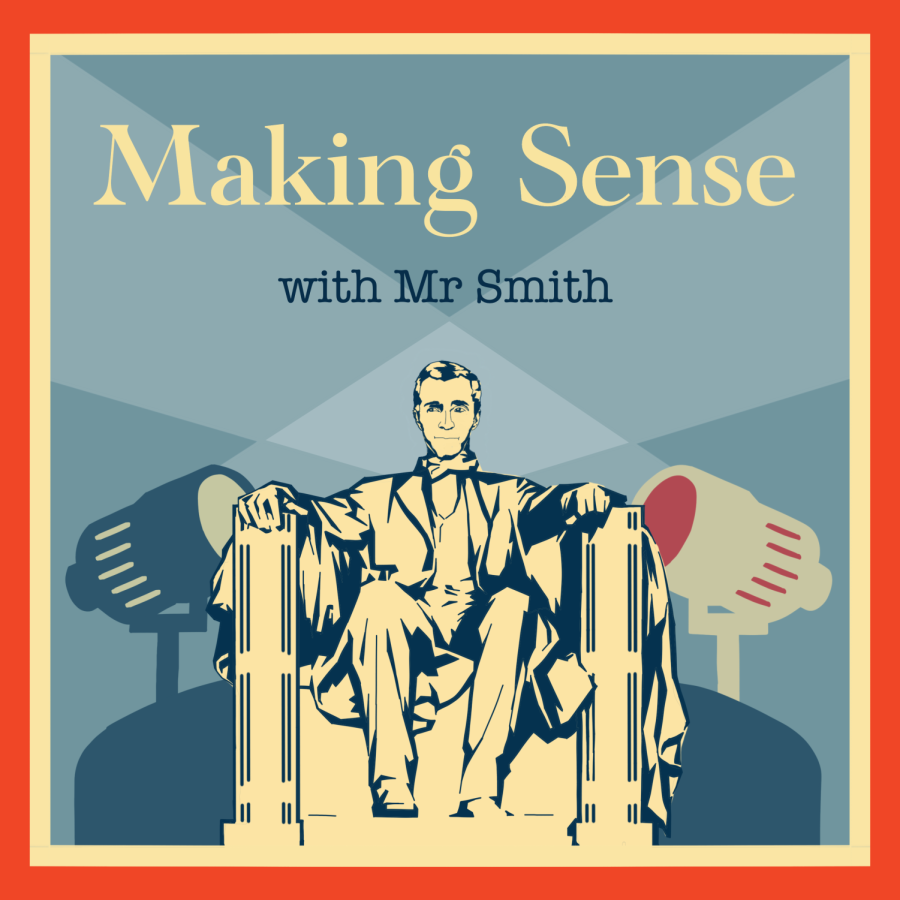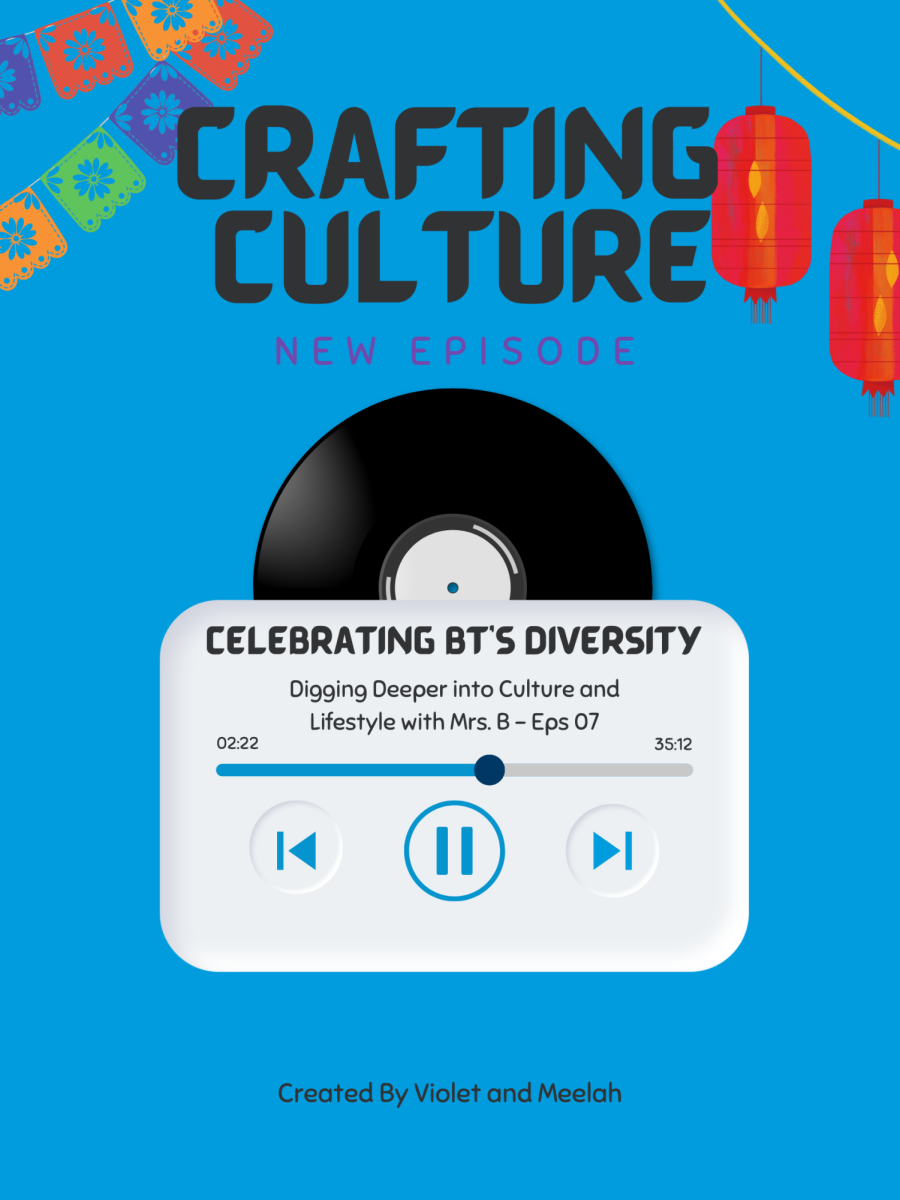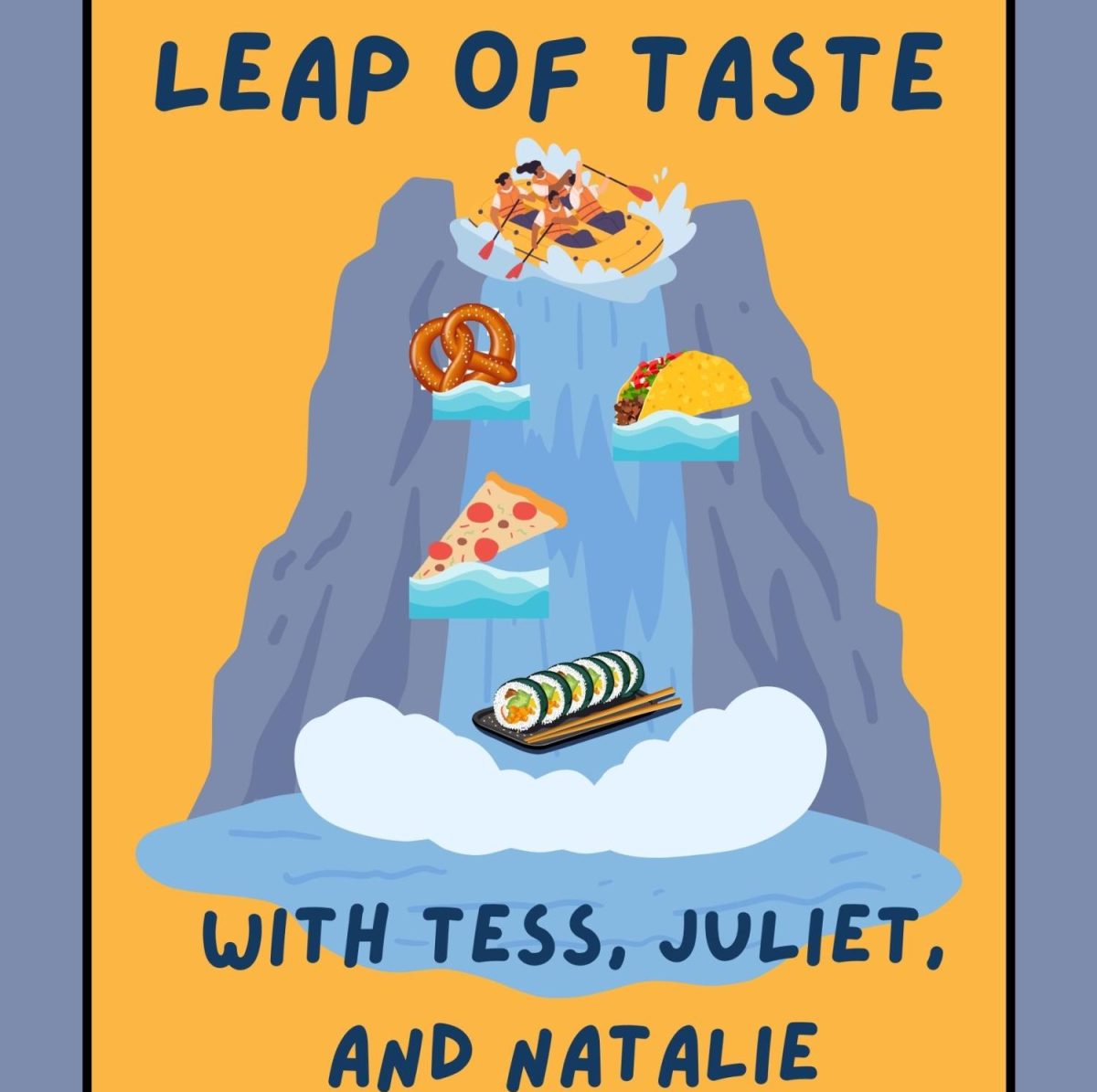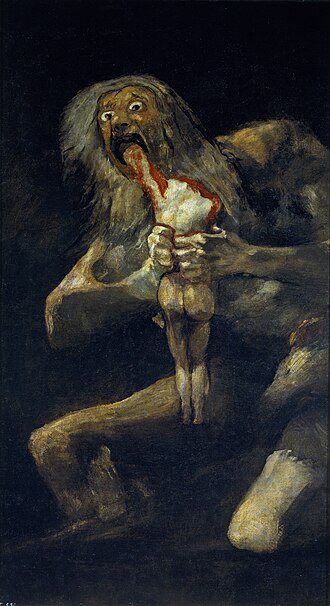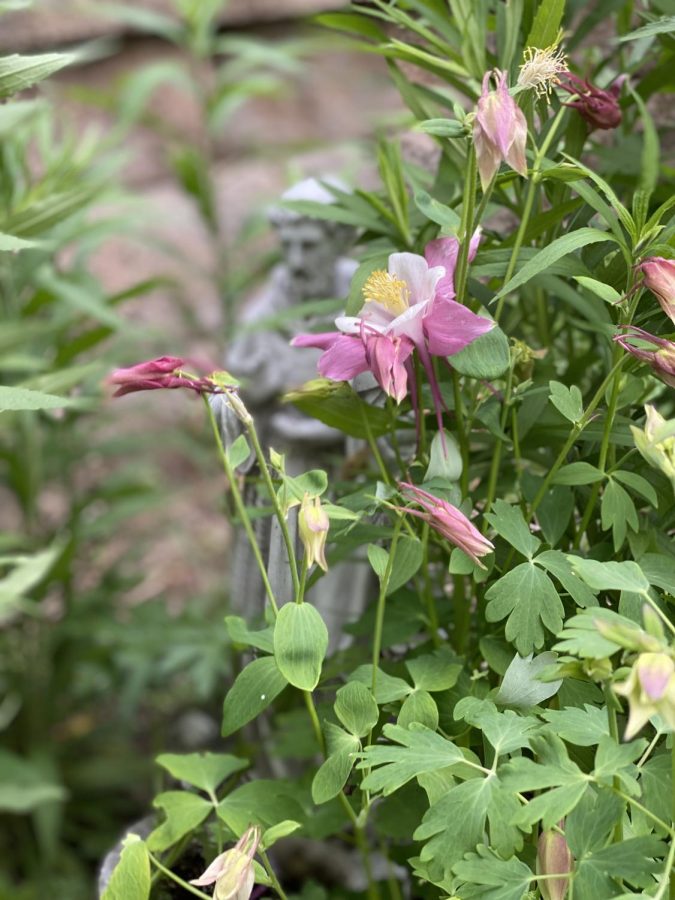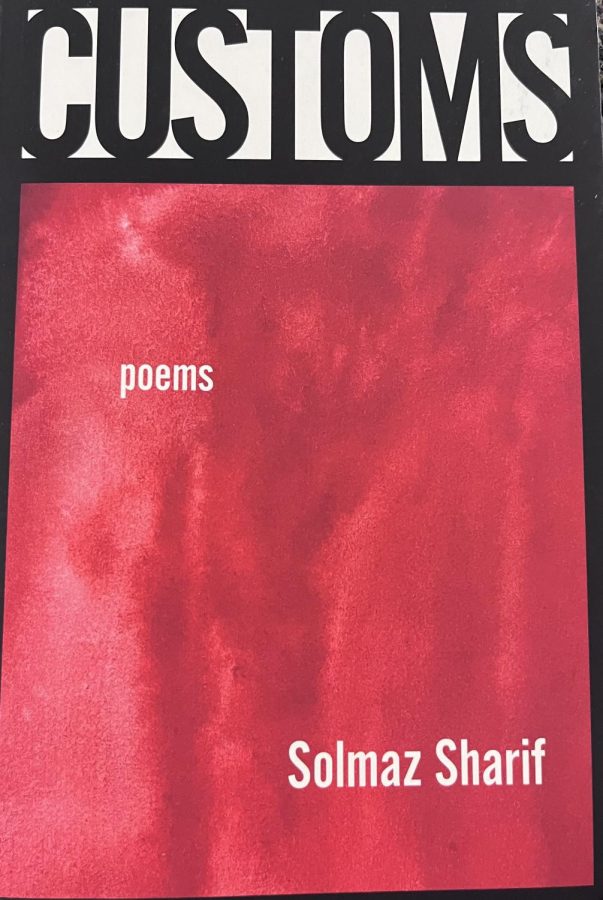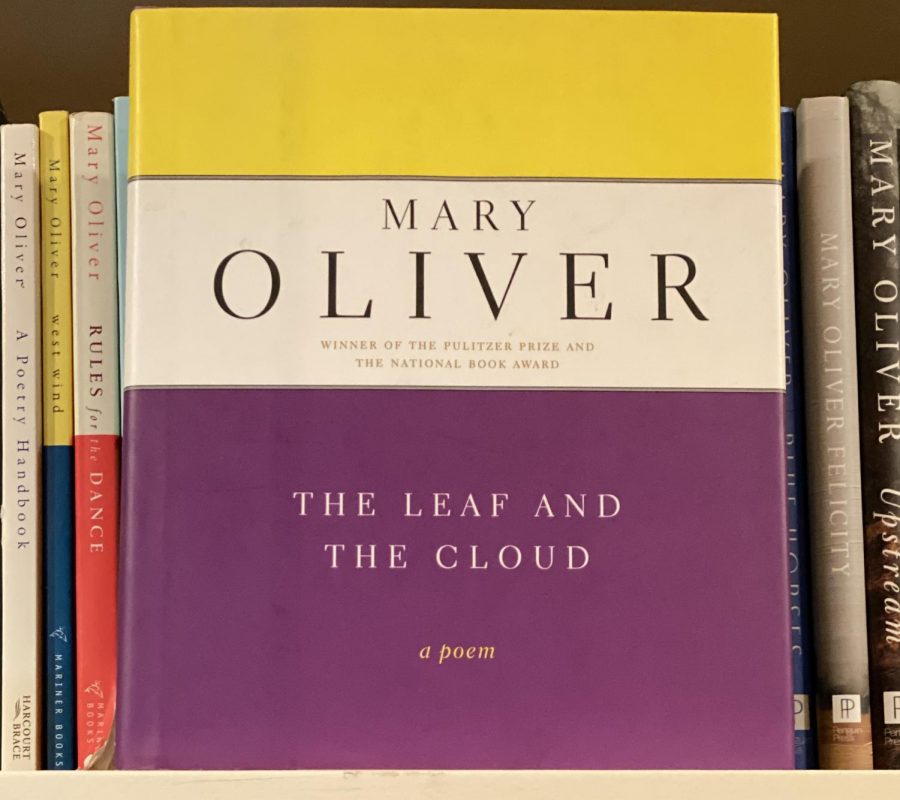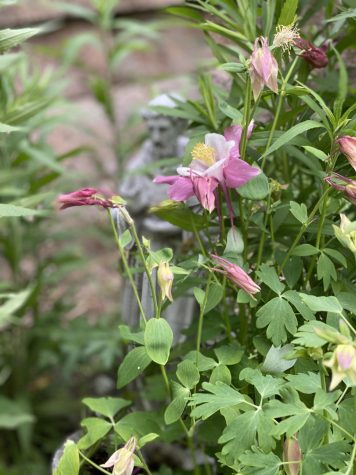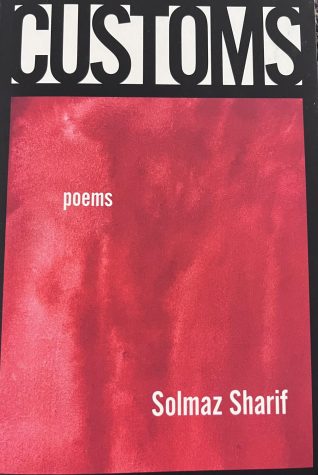Retrospective: Mary Oliver’s The Leaf and the Cloud
A contemporary classic of American poetry turns 20
Mary Oliver’s book-length poem The Leaf and the Cloud, in one word, is enlightening. The seven parts of the poem manage to run the gamut of emotion as they reflect on life, on death, on work. Somehow, this piece manages to cover all one might expect and more—and it is above all inviting, from the first poem “Flare.” Indeed, the first word of the entire collection is welcome. It is not a saccharine welcome, nor a melodramatic or insincere welcome; it is above all as honest and true as any person opening a book of poetry could hope for. Having drawn in the audience, Oliver moves on to the second section of the first poem—in the second person she weaves a narrative that may well be any of us. Indeed—is all of us. Such is the beauty of this book, and, to some extent, such is the beauty of all great poetry.
Oliver’s work ties in nicely as well with our summer reading, Matthew Zapruder’s Why Poetry. I would argue that the overall idea of Zapruder’s guide to poetry is that it is ultimately useless to focus one’s attention when reading a poem on gleaning some hidden or secret meaning. Rather, the beauty of poetry is the experience of reading it, of connecting, of associating with the piece. It is not difficult to become caught up in The Leaf and the Cloud, which is ultimately what makes it so enticing.

In many ways, I find that The Leaf and the Cloud is about power. The second poem of the series, entitled “Work,” speaks best to this idea. “Work,” of course, in this case is less about any hard labor but Oliver’s (our, as humans, perhaps) connection to nature. “This is the world,” repeats Oliver, we are the world, “I am the dusty toad who looks up unblinking / and sees (do you also see them?) the white clouds / in their blind, round shouldered haste.”
The “work of the world” for Oliver is her words; she reflects on this very idea in what I find to be perhaps my favorite phrase of the entire poem: “But the nature of man is not the nature of silence.” Of course, this is why Oliver writes, why I read her words, why I write this review. Reminiscent of George Orwell’s essay “Why I Write,” we write for plenty of reasons, but we speak, and we write because ultimately we must. Words are human, and words are crucial. Poetry may just be the best way to accomplish our goal of connection—argues John Berger in “The Hour of Poetry”: “Poetry can repair no loss, but it defies the space which separates. And it does this by its continual labour of reassembling what has been scattered.”
Mary Oliver undoubtedly rises to this challenge. The Leaf and the Cloud is incredible, and it does just what Berger suggests—draws us in, reassembles, connects us, connects all.

The Leaf and the Cloud celebrates its 20th anniversary this fall. The book, along with many of Mary Oliver’s other volumes of poetry and prose, is available for purchase in Omaha at The Bookworm, 2501 S 90th St #111.





